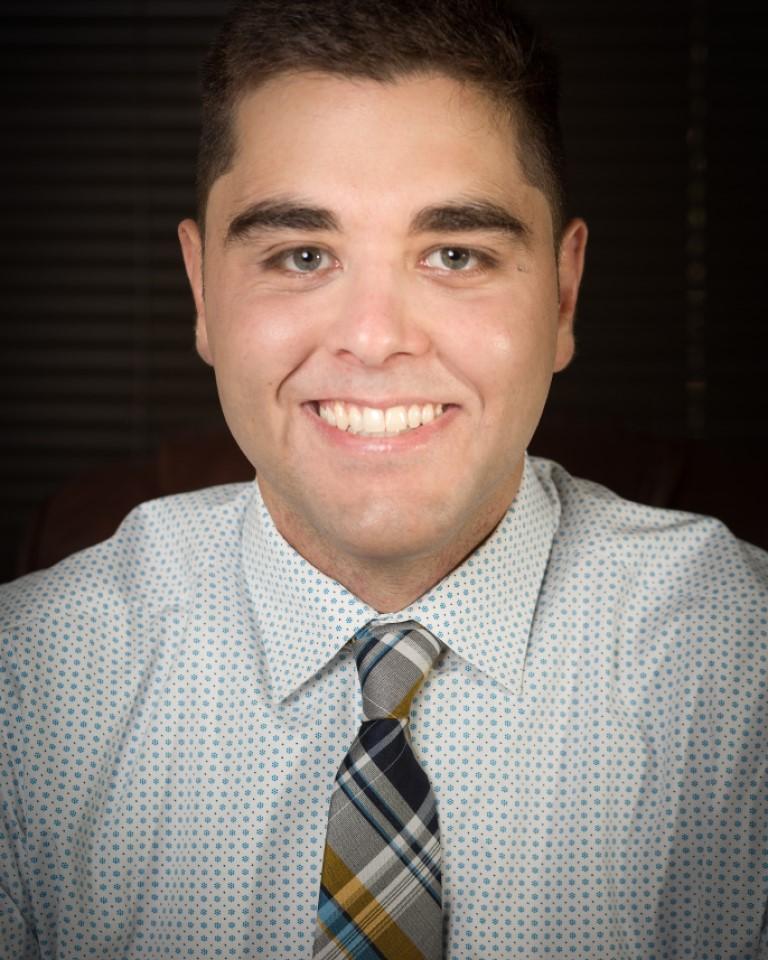Stephen Riegg

Alumni Spotlight | May 2021
Undergraduate KU major: History and Russian/East European Studies
Graduation Year: 2009
Current occupation: Assistant Professor of History
Research mentors while at KU: Eve Levin, Gerald Mikkelson, Luis Corteguera
Describe the undergraduate research/creative experience that you had while at KU: In my senior year, I completed a research thesis on the Decembrist uprising of 1825 in Russia. The project used primary and secondary sources to examine the motivations of the rebels, the government’s reactions, and the long-term political repercussions of what has been labeled “the first Russian revolution.” I was fascinated by the aristocratic insurrectionists’ idealism, naivete, and sense of purpose. Working on this thesis was my first taste of real research—tracking down primary sources in two languages, trying to make sense of a huge and at the time overwhelming body of scholarship, and going through multiple rounds of revision—and one that directly informed my career choice. It was intense, scary, and infinitely rewarding.
Q: What do you think was the most important thing you learned while doing undergraduate research?
A: I learned many tangible skills—research, analytical thinking, and writing clearly—all of which have practical applicability to a wide array of careers. However, the most important thing I learned from producing my senior thesis was that perseverance and dedication can overcome the types of obstacles that at first glance appear insurmountable by virtue of their unfamiliarity. Just because you haven’t done something difficult yet doesn’t mean that you’re incapable of doing it.
Q: What advice do you have for undergraduates who might be interested in doing research or creative scholarship?
A: First, pick a topic that truly sparks your curiosity. It should be something that will keep your interest even when the research gets tough, which it does inevitably. Second, seek and accept all the mentorship and assistance your professors offer. I could not have accomplished any of my research projects—from my undergraduate thesis to my first monograph—without the guidance of experienced faculty. Third, investing real effort into your work almost always bears fruit. You will be surprised at how much you can accomplish when you’re dedicated and diligent. The key is to recognize when to push yourself and when to ask for help.
Q: Do you use any of the skills or perspectives gained doing research in your current occupation? How so?
A: Every day in my career I use the skills I started to develop during my time at KU. I am an assistant professor of history at Texas A&M University, where I research and teach Russian history. After KU, I earned my MA and PhD degrees in history—which required the type of research I first encountered at the undergraduate level—at the University of North Carolina at Chapel Hill. As the author of a book and multiple articles, I am grateful for the myriad skills I learned at KU during my thesis project and other related experiences.
Q: Many undergraduate researchers are making decisions about what to do after they graduate from KU. Having been in those shoes, what do you know now that you wish you’d known then? Do you have any advice?
A: It’s okay if right now you don’t have concrete plans for your life after college! If you’re not quite sure and everyone around you seems to be dead-set on specific career trajectories, don’t stress. One of the best decisions I made when graduating from KU was to take a year off from education before starting graduate school. During that year, I worked in a restaurant and traveled abroad. As long as you pursue—actively rather than passively—what you think will make you happy and fulfilled, you’ll be fine. I didn’t know then what I am convinced of now: success in life comes down to equal parts talent, diligence, and luck. There are no short cuts, but that’s what makes success so sweet.